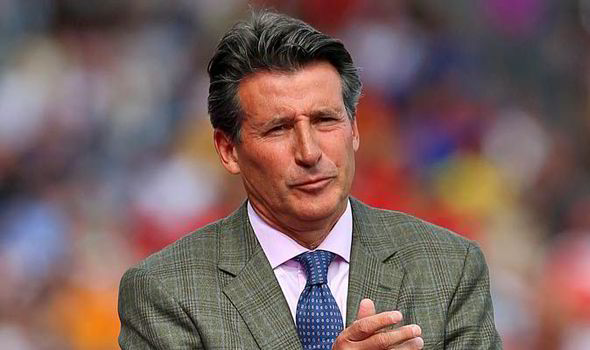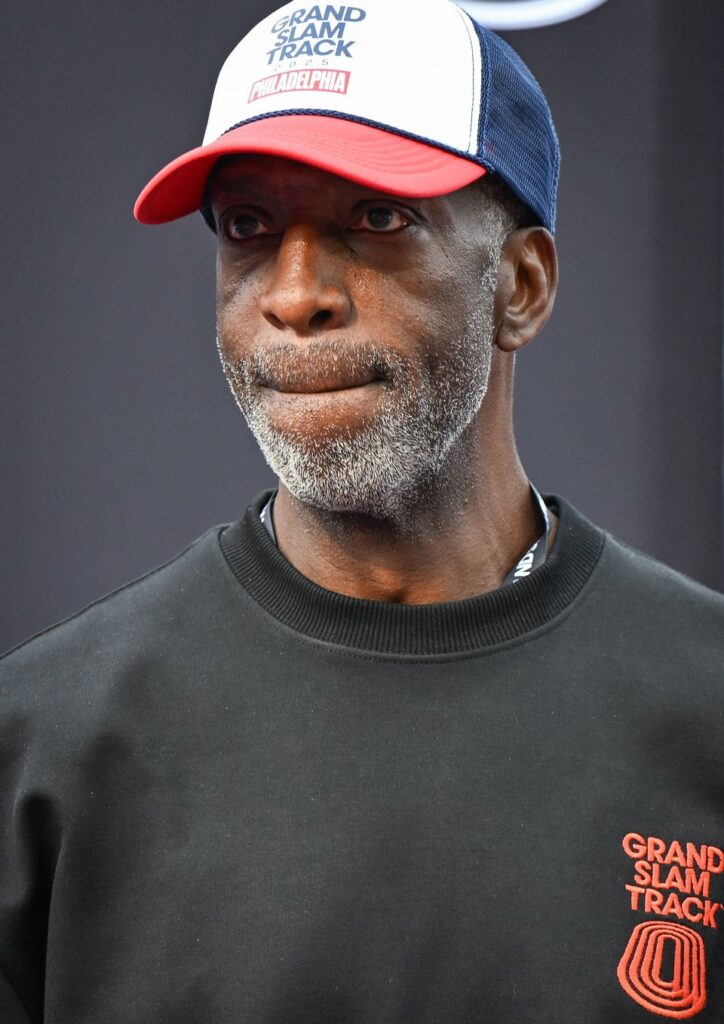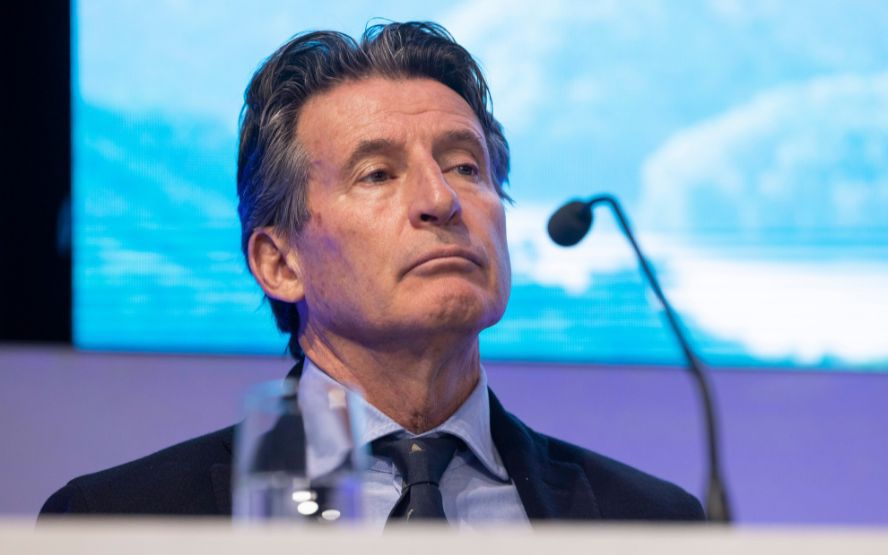World Athletics has stepped up scrutiny of the fledgling Grand Slam Track series after mounting complaints from athletes over unpaid prize money and the abrupt cancellation of its planned Los Angeles finale.
Launched in 2025 with showcase meets in Kingston, Miami, and Philadelphia, the circuit was marketed as an athlete-first league with headline purses to rival established championships.
Under the advertised structure, event winners were to receive $100,000, with $50,000 for second, $30,000 for third, $25,000 for fourth, and prize money through eighth place, alongside appearance fees.

Those payments have largely failed to materialize. Industry chatter indicates only appearance fees tied to the Kingston opener have been settled; competitors from later stops remain in limbo. On 5 July, Olympic 200m champion Gabby Thomas publicly asked when she would be paid, underscoring frustration.
Founder Michael Johnson has blamed a rapidly changing global economic climate and said canceling the Los Angeles meeting was a strategic move to safeguard the league’s long‑term viability. Even so, athletes and agents say millions remain outstanding.
In a show of early confidence, World Athletics granted strong world ranking points to Grand Slam Track meets, boosting their appeal to elite entrants chasing qualification metrics and visibility. That investment is now under scrutiny as unresolved payments risk eroding trust between athletes and new commercial meet operators.

Speaking ahead of the London Diamond League, World Athletics president Seb Coe described the situation as not satisfactory and reiterated the federation’s commitment to protecting athletes’ interests. He cautioned that new ventures must rest on realistic budgets and deliverable operations rather than vanity.
Coe said he has been in contact with athletes, their representatives, and meeting directors but has not recently spoken with Johnson despite an earlier Memorandum of Understanding. Asked whether the global body could intervene, he urged observers to watch this space.
World Athletics CEO Jon Ridgeon added that anti-doping protocols, including Athletics Integrity Unit testing, can legitimately slow prize disbursements across the sport. Even so, the scale and length of the Grand Slam delays have become a flashpoint.
Grand Slam Track has signaled plans to distribute Kingston prize money by the end of July and clear remaining athlete payments including contracted Los Angeles appearance fees by the end of September. How effectively and transparently those commitments are met may determine whether the series can rebuild credibility for 2026 and beyond. Athletes and fans will be watching closely.

